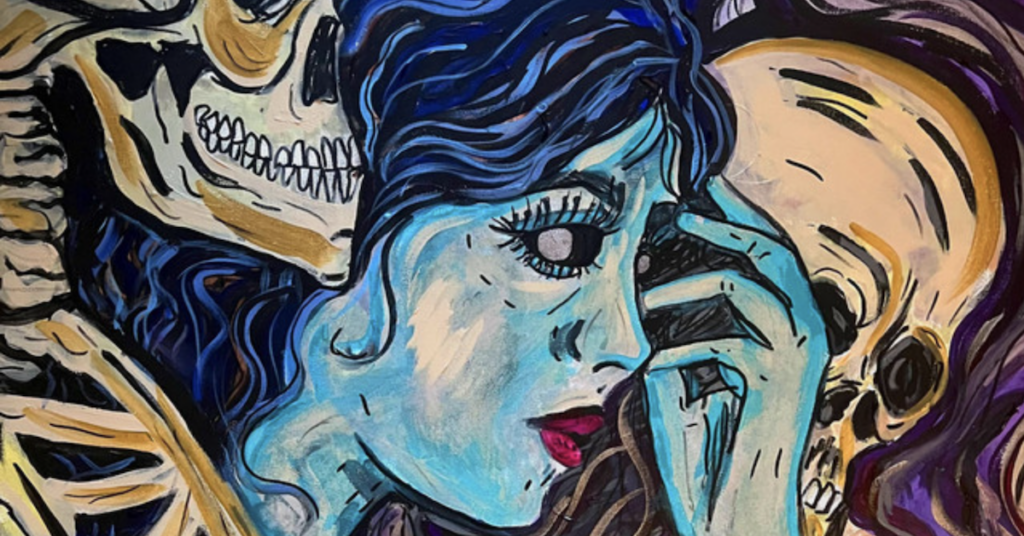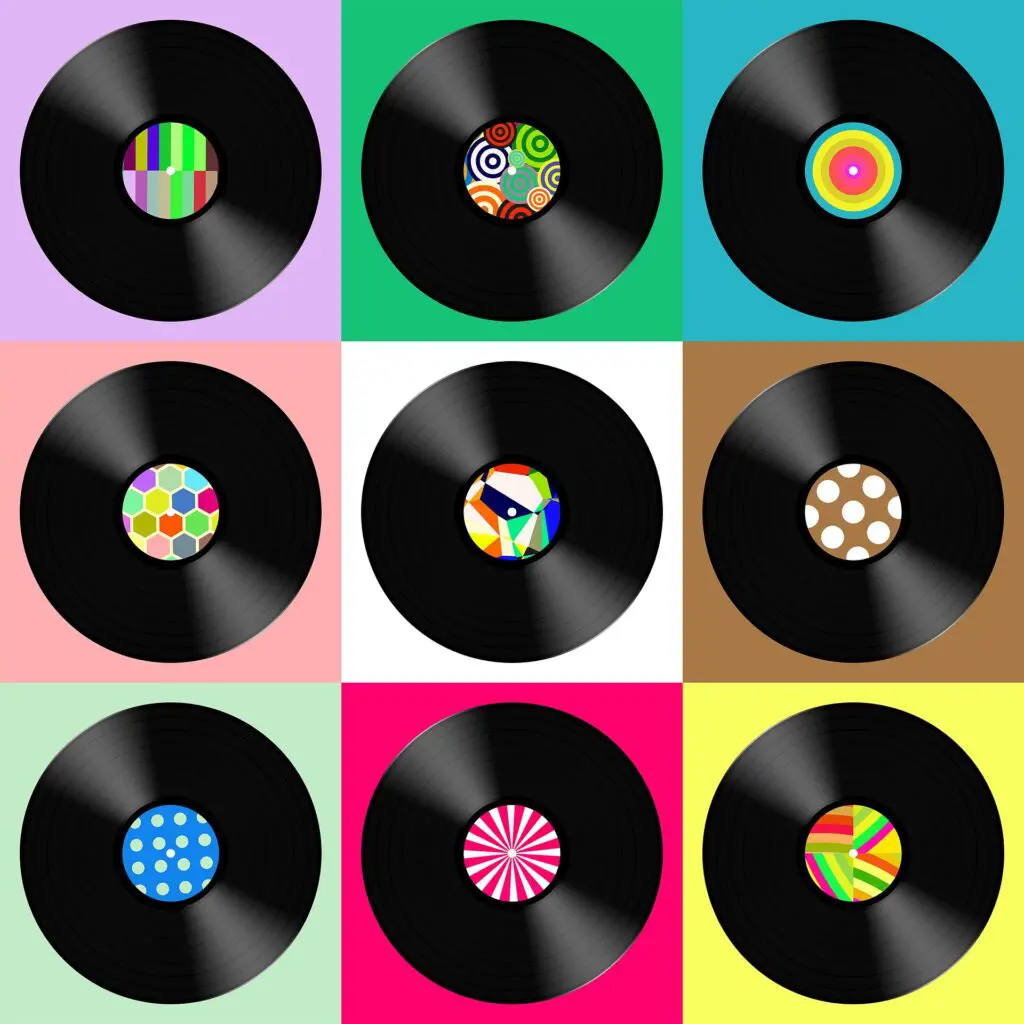Interpol – Turn On the Bright Lights – Album Review – Josh Reedy
By Staff on May 2, 2023
Interpol Review, by Josh Reedy.
My copy: 2014 reissue by Matador Records
When people think of early 2000s alt-rock bands that helped reignite interest in certain genres, Interpol is usually brought up pretty quickly. With their tastefully poppy reimagination of 80s post-punk, Interpol and the cult following they accrued after releasing their debut album would go on to inspire hundreds of imitators across decades. Turn On The Bright Lights is where it all began, and unfortunately it’s probably where it should have ended with some very sketchy follow up records. Turn On The Bright Lights on its own is a great album, and it is an especially good stepping stone for people who are just branching out into the moodier side of indie-rock.
“Untitled” eases us into the album with shimmering guitar before bringing the rhythm section in with an insanely groovy bassline and drums that stand out with lots of little fills and details. Paul Banks provides a perfectly apathetic vocal performance throughout most of the album that pairs well with his distinctly dry delivery and ability to supply a sarcastically emotional tone when needed.
“Obstacle 1” is one of the popular singles, and for good reason: this song is a syncopated and paranoid anthem that is as fun as it is manic. The bass and drums are the cornerstone of this album, with bass melodies often being more varied and intoxicating than the guitar riffs. It is almost as if the guitar is merely a wallpaper for the bass grooves through most of the album. “NYC” gives the album room to breathe, and is a mournful ballad with lyrics that are debatably goofy (“The subway, she is a porno”). If one is willing to view Bank’s voice as just another vessel for melodies then it becomes easy to get past some of the more uninspired lyrical content.
The drums are the star on “PDA” where guitars carve tunnels of atmosphere that pave the way for the extremely catchy chorus. The bass bumps and bounces along, again playing a far more melodic role than the guitars. All instruments other than guitar drop out part way through “PDA” only for the track to rebuild itself into a layered jam sequence. “Say Hello To The Angels” is perhaps the most “rawk” song on the album with bright jangled guitars and the most danceable beat on the record. In the brighter moments on Turn On The Bright Lights we can hear clear echoes of Television, The Fall or other british post-punk forerunners but filtered through a screen of tighter, less experimental production and lacking a sense of humor that their predecessors had in spades.
“Hands Away” is a mostly unnecessary interlude leading into “Obstacle 2” which has layered vocals and falsetto howls. The longer, rhythmically expansive tracks such as “Stella Was A Diver And She Was Always Down” or “The New” are the cream of the crop as they give room for more creative bass and drum interplay. “Stella” bobs and weaves from double time hi-hat sections to chugging shuffle beats all while the bass matches the pace and emotion of the choruses. “The New” deconstructs itself into a haunting take on goth rock with piercing chords and suffocating drumming. “Roland” is sandwiched between the previously mentioned tracks, and has an almost cynically ridiculous vocal performance that somehow works in spite of the corny lyrics. “Leif Erickson ” is a dimly lit corridor of synth and guitar that rounds out the album.
Turn On The Bright Lights is at times angular and accusatory, but the music has a level of coolness that paints a picture of some quietly bitter self-described “punk” smoking alone in a dark club. The post-punk vignettes offered by Interpol are effective because they reconfigure the typically off-putting abrasiveness of other bands into a danceable, groove oriented package that is capable of providing value to fans of alt/pop and fans of punk. I don’t think Turn On The Bright Lights is some amazing savior of its genre, and it isn’t a particularly deep or groundbreaking set of songs, but it is a great album with a long lasting impact that helped revive interest in a then dying movement.
Matador ensures that this album is very widely available.





 RadioRadioX
RadioRadioX